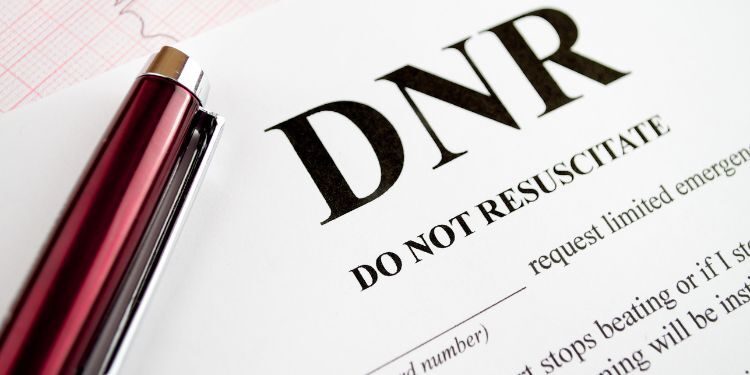Discussing end-of-life wishes is a conversation many shy away from, yet it remains one of the most crucial discussions individuals can have with loved ones and medical professionals. Specifically, communicating do-not-resuscitate (DNR) orders—an integral component of advance care planning—ensures that medical professionals respect a person’s preferences during critical moments. Dive into the importance of communicating DNR wishes and how to communicate them effectively is essential for healthcare policy and healthcare system management.
Personal Autonomy and DNR Orders
At the heart of a DNR decision lies the principle of personal autonomy. Communicating DNR wishes allows individuals to exercise control over their end-of-life medical care, even when they can no longer voice their decisions. This empowerment ensures that medical professionals articulate, understand, and respect an individual’s preferences for end-of-life care, preventing interventions that go against their values and promoting healthcare policy and healthcare system management.
Easing the Burden on Families
Without clear, previously communicated wishes, families face the agonizing position of making life-and-death decisions on behalf of their loved ones. Such responsibility can lead to significant emotional distress, guilt, and family conflicts, especially if members have differing views on the appropriate course of action. Proactively discussing and documenting DNR orders alleviates this burden, providing a clear guide that can bring peace of mind to everyone involved.
Enhancing End-of-Life Care Quality
DNR wishes are one of the many essential engravings to add to a medical ID. This clear communication of such wishes ensures medical interventions align with the patient’s preferences. It prevents unwanted aggressive treatments or interventions, facilitating a more compassionate and person-centered approach to care, and promoting healthcare policy and healthcare system management.
Legal and Ethical Considerations
Understanding and formally documenting DNR orders are also critical from legal and ethical viewpoints. It safeguards health-care providers by offering clear directives, enabling them to make legally and ethically sound decisions. These clear directives protect the patient’s wishes and provide legal clarity for medical practitioners, reducing the risk of litigation.
Communicating DNR wishes is an act of courage and consideration, making it an important discussion topic. DNR order requires individuals to confront their mortality and make choices that reflect their values, beliefs, and desires for end-of-life care. Whether you’re a patient or medical provider, don’t be afraid to communicate DNR orders.















